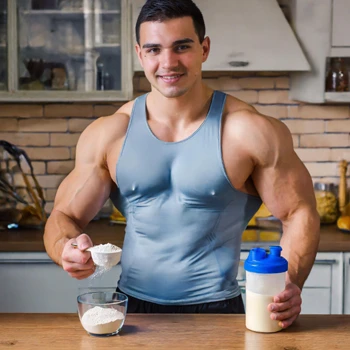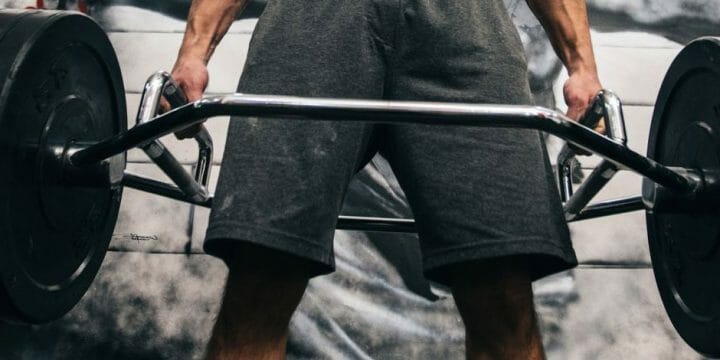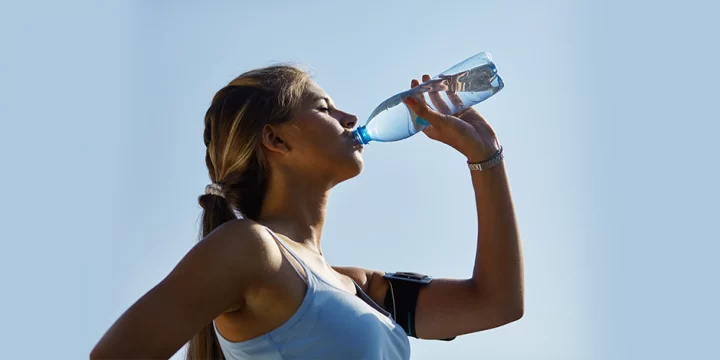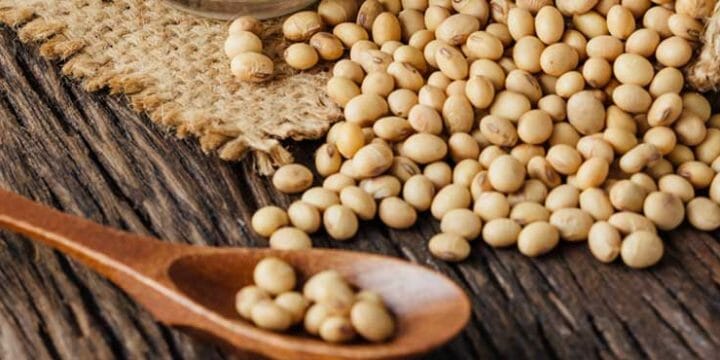As a personal fitness coach, I make sure that all my clients take protein powder after a tough workout session. And one question that always comes up is if there’s an ideal amount of water to mix with the protein.
To be honest, I always just used a standard shaker, but I wanted to find out if there is a generally recommended amount.
So, I got together with my dietitian to do some research, and I also contacted other fitness coaches through a survey to find out what they recommend.
Here’s what we found out.
Quick Summary
- Mixing one scoop of protein with 15 to 20 ounces of water generally works well.
- Using too much or too little water can make the drink quite unpleasant, but there’s no real health problem if you don’t mix the ideal amount.
- Incorporating 15 to 20 ounces of water with protein powder not only affects the shake's consistency but also aids in rehydration, which is crucial for post-exercise recovery.
- Based on my experience in fitness and nutrition, finding the right balance in protein shake consistency is key for enjoyable and effective post-workout nutrition.
How Many Ounces of Water Should You Mix With Protein?

Through my years of coaching, I've found that mixing one scoop of protein with 15 to 20 ounces of water generally works well. There is no exact scientific proof of this, so let me explain how I got to that figure.
First of all, I took a look at dozens of different protein products and wrote down how much water they recommend using. This varied a lot depending on the amount of protein per serving, but it was usually around 15 ounces.
Secondly, my dietitian set up a survey that she sent out to a private group in the fitness industry.
Most responses we got were also around the 15-ounce mark. The reason for that has to do with hydration. A study from the National Institutes of Health (NIH) has shown that rehydration is a vital part of recovery after exercise [1].
And while the amount of water you need will depend on your body size and how much you sweat, 20 ounces is a very good starting point for immediately after training.
What Happens if You Add Too Little?
In my experience, adding too little water to protein powder often results in a clumpy, hard-to-drink mixture.
For example, if you add a full scoop of protein to just eight ounces of water, then it will be difficult for it all to dissolve.
Unless you use a blender, you’ll probably struggle to mix it fully, even in a shaker. You’ll also end up with a very thick protein shake that is a lot more like a soup or heavy smoothie. That’s not the most pleasant thing to drink after a workout.
3 Tips for Getting a Tastier Protein Shake
Over the years, I've picked up a few tricks to make protein powder taste better, which have been a hit among my clients. Here are three simple tips that have proven effective in my coaching experience.
1. Experiment With Volume Of Water
Start with the recommended amount on your protein supplement instructions. Then see if adding some extra water improves the consistency and makes it less clumpy.
Alternatively, if you prefer a creamy shake, then reduce the amount of water slightly.
2. Use A Shaker
Get yourself a decent shaker with a mixer ball. I find they dissolve the powder much faster, and it also gives it a much creamier texture. This is particularly important if you find that your chosen protein powder doesn’t fully mix with water.
3. Mix With Plant Milk
And finally, you can gain some benefits from mixing protein powder with plant milk. According to insights from the American Society for Nutrition (ASN) some of these contain more electrolytes, provide some added protein and very little fat [2].
“Dairy-alternative milks tend to have fewer calories, less fat (except for coconut-based milk), more water content (for better hydration), less protein (except soy).”
- Sanae Ferreira, Contributor at Nutrition.org
FAQs
Does Whey Protein Dehydrate You?
No, a typical whey protein shake won’t dehydrate you. However, if you take in very large volumes of protein in one go, then some mild dehydration is possible.
Does Protein Powder Taste Better With Water Or Milk?
Protein powder generally tastes better with milk, but this is a personal preference. Most powders will mix into a frothy and creamier texture with milk, and you get the added bonus of some extra protein.
References:
- www.ncbi.nlm.nih.gov/pmc/articles/PMC3418116/
- https://nutrition.org/going-nuts-about-milk-heres-what-you-need-to-know-about-plant-based-milk-alternatives/
About The Author
You May Also Like






